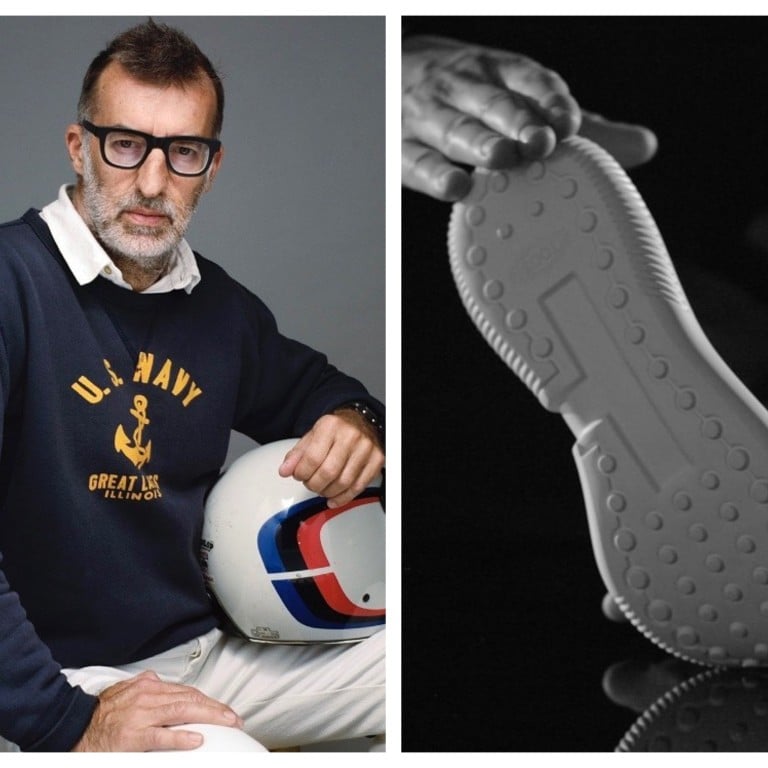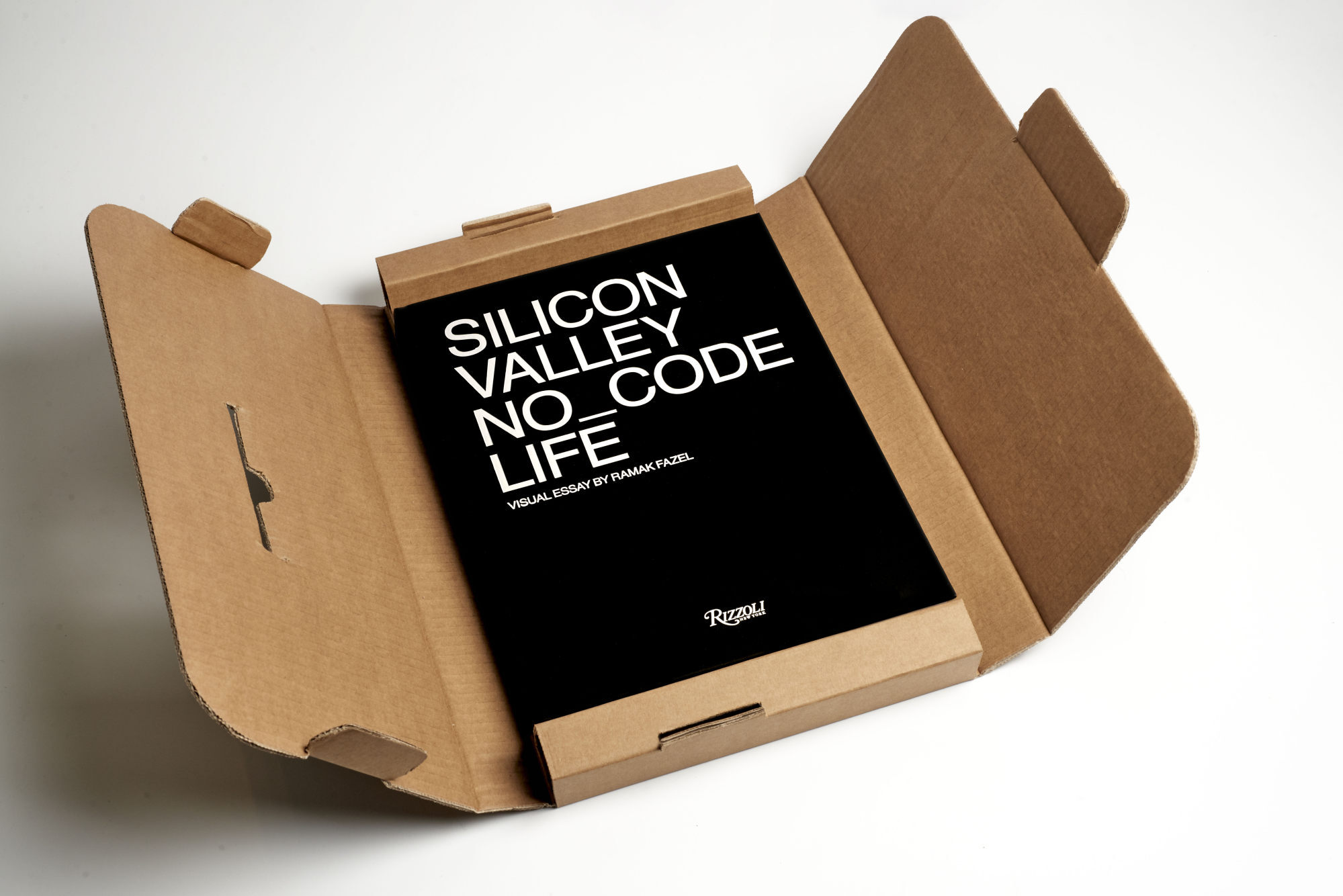Exclusive: Tod’s ‘Visionary’ Michele Lupi on why Elon Musk exemplifies the spirit of the brand’s No_Code shoe collection, and why ‘Silicon Valley is now a global reality’

When the No_Code project launched in 2018, Tod’s fans were surprised at the unconventional direction the luxury brand seemed to be taking. The project reached out to innovative talents and visionaries in a move to bring its consumers a different take on luxury: the blending of technology and craftsmanship.
You’ve been with Tod’s for more than two years now as its men’s collections Visionary. What does the word “visionary” mean to you and how have you accomplished that with Tod’s?
First, the title “Visionary” was a way to make a difference and surprise those who were waiting to understand why a newspaper editor was joining Tod’s. At the beginning, Diego Della Valle called me and said, “I’d like to give you a romantic title”, and so he did. Now my main task is to develop cultural projects for the positioning of the brand: being a company known worldwide for its craftsmanship and for developing handmade products, my task is also to investigate what kind of relationship we can have with technology.
You came from a media and publishing background, having worked on the Italian edition of Rolling Stone, GQ Italia, Icon and Flair, to name a few. How has that experience shaped the way you work on the fashion and luxury side?
Primarily, there is Diego Della Valle’s awareness that companies like Tod’s are all turning into media companies that produce content. The thing that strikes me is this: so many journalists are worried about their future, because they don’t know yet how much demand there will be in the years to come for people who can create high quality content. Companies are the media of the future. But then the ethical question of freedom of the press has to be understood.
Your father is Italo Lupi, the famous architect and designer. Your accomplishments are undoubtedly your own, but would you say that the artistic and design backdrop to your childhood influenced you or shaped your interests in any way?
Good question. Absolutely. When I was editing newspapers, I was perfectly aware of what advantage I had absorbed, even involuntarily, from having grown up in a world that allowed me to have an artistic and aesthetic sensitivity. And above all, it allowed me to travel a lot as a child. The most important inheritance, however, is perhaps being curious: a person, if he is very curious, ages more slowly than others, because curiosity allows him to always discover and adapt to new things, and this keeps you in step with the times. To be open to others, to be curious. That’s it. I think curiosity is everything in a man, but you must be careful: it can get you into trouble!
How would you describe the philosophy and ethos of No_Code to the modern consumer?
“Hybrid” is the word that sums it all up: if until a few years ago “analogue” defined the old world and “digital” the new one, now things have changed. Everything will soon come down to the balance that can be struck between analogue and digital, and perhaps we really are entering a post-digital era. The analogue no longer has something to do with nostalgia, but only with passions and life.
What was the inspiration behind the No_Code Silicon Valley Book Project? How does it embody the No_Code spirit and speak to today’s luxury consumers?
The word “hybrid” comes back here: with the No_Code project we are questioning the relationship between craftsmanship and technology. Silicon Valley has a similar DNA, a “hybrid” character, because it is the result of the fusion between the Californian hippy counterculture of the 60s and 70s, and the world of technology.

When we noticed this similarity, we were immediately curious to find out what the real Silicon Valley was: where do they live? How do they dress, what cars do they drive? We know very little about Silicon Valley.
Why did you choose Silicon Valley in particular? Why not somewhere in Italy, perhaps, or even Seoul or Shanghai, if tech and modernity were the focus?
Precisely because of this “hybrid” character I described above. We didn’t want a place that was only technological. We were looking for something that could represent the hybrid society of the future, that could help us understand the changes taking place.
Of course, in this case we cannot avoid thinking of Seoul or Shanghai, but we will get there: Tod’s No_Code project is a serious and long project. Silicon Valley is an idea as well as a place. Everyone has a piece of Silicon Valley in their pocket, thanks to smartphones. Silicon Valley is now a global reality.
In your opinion, what are some famous names that truly exemplify the No_Code spirit?
The Asian man par excellence can only be our designer Yong Bae-seok, who is originally from Seoul and has an industrial/car design background.
As for the Western name, Elon Musk immediately comes to mind, because he says intelligent and very unconventional things.
Want more stories like this? Sign up here. Follow STYLE on Facebook, Instagram, YouTube and Twitter.

- Under the direction of Italian journalist-turned-Tod’s-Visionary Michele Lupi, the No_Code concept has shown the world a new side to the luxury fashion brand
- Tod’s chairman Diego Della Valle opted to give Lupi a ‘romantic’ title when he joined the company, and he’s been merging technology and craftsmanship ever since